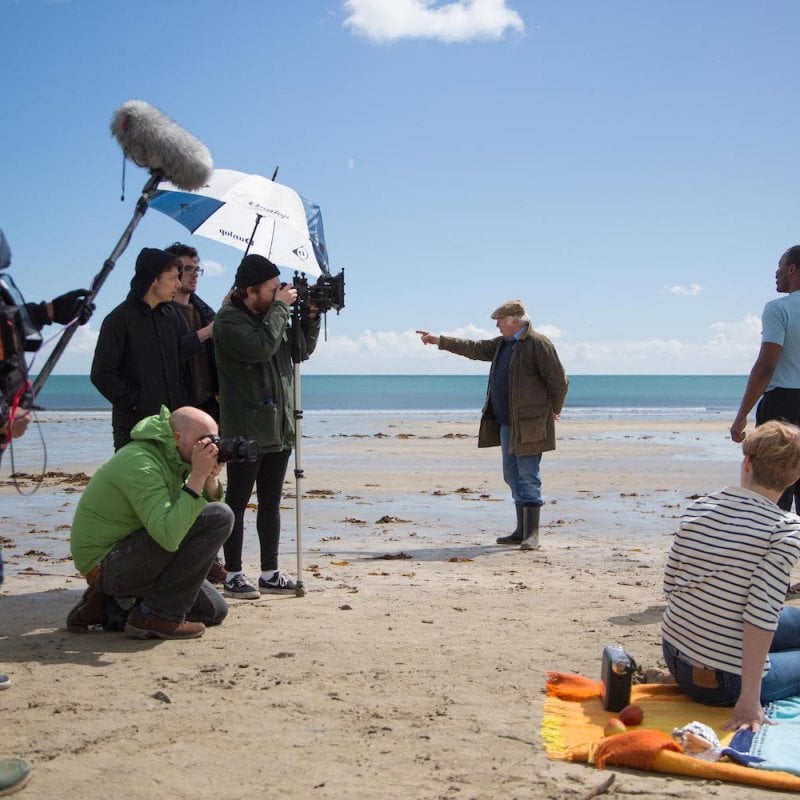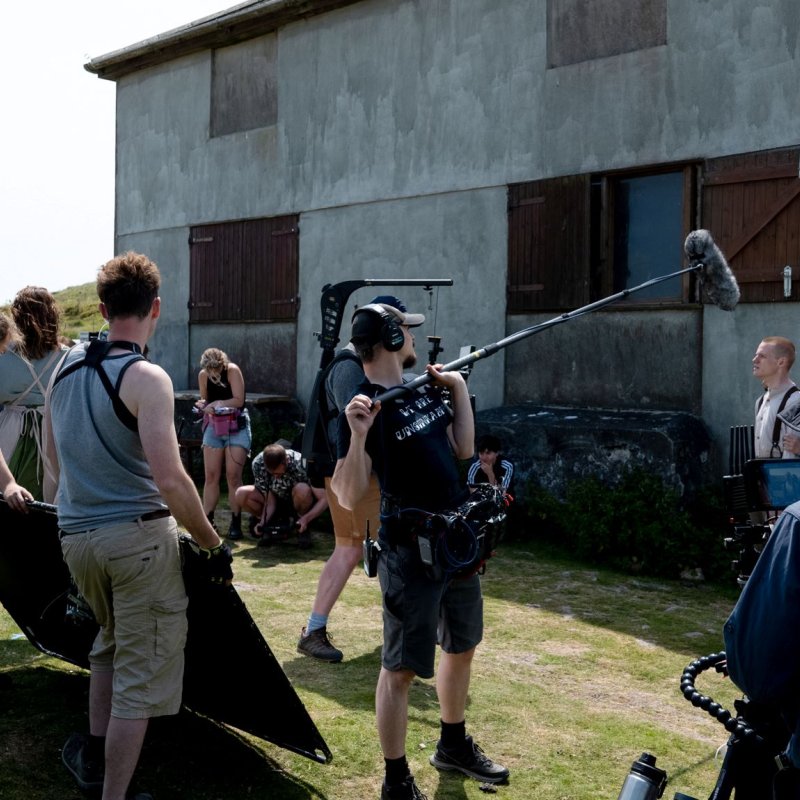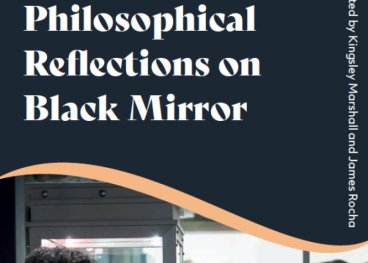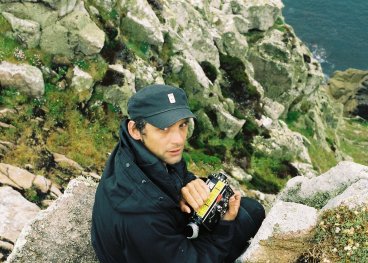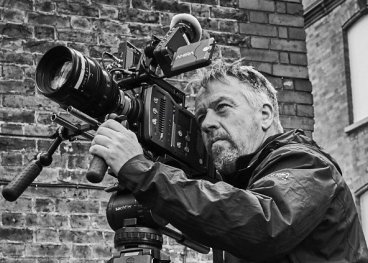Course overview
This course is new for September 2025.
This is a unique course, for unique filmmakers. On MA Feature Filmmaking, you’ll push your experience and skills to the limit as part of a production team of a funded feature film in the action genre. You will work from start to finish as part of a team: pitching initial ideas, taking one of these to a full script, and working as a professional crew from principal photography through to post-production.
Developed in collaboration with UK production studio Action Xtreme, this course is designed to give you hands-on experience of the dynamic processes that go into feature film development on a microbudget, along with the essential contextual knowledge that supports emotive, intelligent filmmaking.
MA Feature Filmmaking contextualises industry challenges such as inclusivity and sustainability, giving a space for students to explore diverse ideas within an independent filmmaking culture that challenges mainstream narratives.
You will:
- Experience life on set as part of a fully funded microbudget feature film crew in the action genre, while developing your critical and contextual skills
- Develop your understanding of cinematic storytelling under the guidance of experienced filmmakers in a specialist facility with a history of feature film development and production
- Experiment: get the opportunity to build on your existing experience in a specific role within a film crew on a live project
- Enhance your knowledge and industry practice through research: from film development, crew formation, finance casting, pre-production, production and post, through to promoting and marketing feature-length work
Similar courses
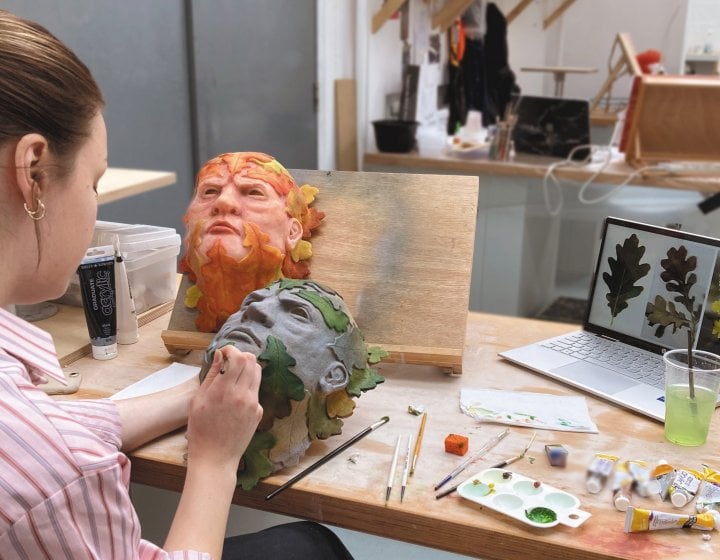
Prosthetic Effects MA
Launch your career in prosthetic effects with this unique course. Working hand-in-hand with world-cl...

Film & Television MA (Online)
Establish your unique voice and develop the skills and knowledge needed to establish an impactful an...
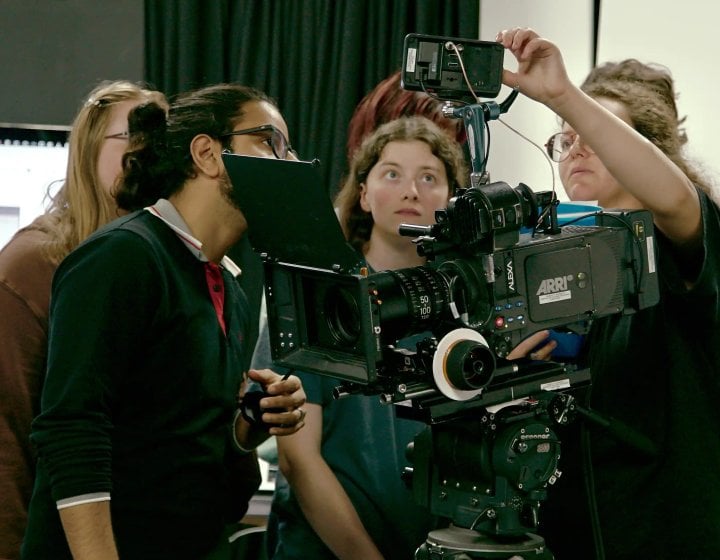
Film & Television MA
Based in our world-class film school and supported by specialist, award-winning staff, you’ll hone...

Comedy Writing MA (Online)
Get the skills, tools and industry insights to push your projects to the top of the commissioning ed...





